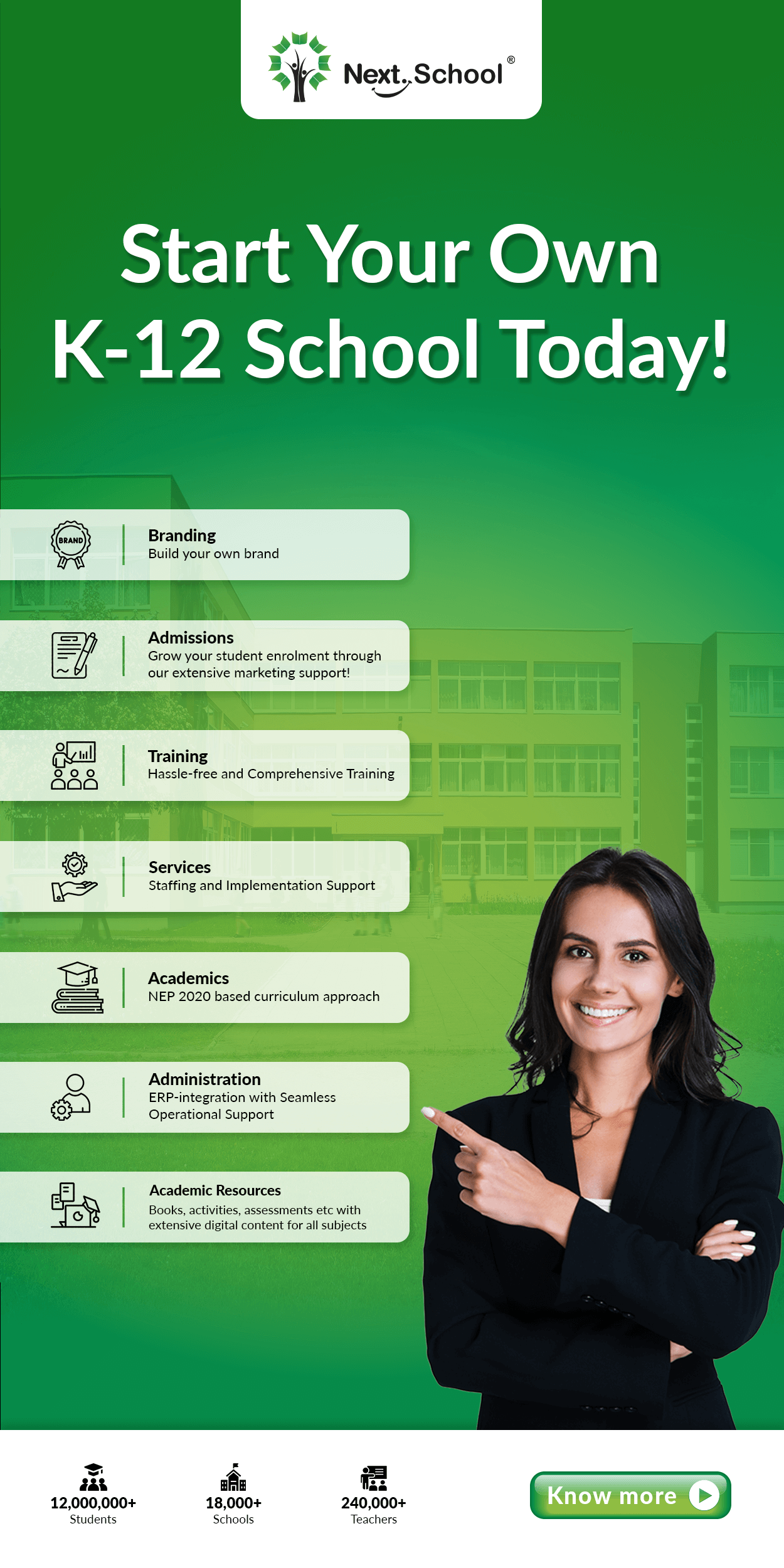Finnish Way of Education

Cut-throat competition, homework pressure, assessment stress!! All this breeds fear in children, and learning comes to be perceived as enforced. Finland is one country which has managed to tackle and eliminate the problems faced by students by designing a student-centric education system with trained and qualified professionals. In Finland, they believe that education begins at home, and hence, parents of newborns are given three books– one for each parent and one for the baby. The picture book meant for the kid aims to foster reading and learning habits from a very early age.
Educate Young Minds:
There is no formal assessment for children till the age of seven. But, that does not stall their learning progress. Childhood is the most crucial stage of developing communication skills, therefore, sowing the seeds of lifelong learning is crucial in this phase. Finland’s educators seem to have understood this very well. Hence, special emphasis is put on quality daycare and kindergarten. Finland provides free daycare facilities for children aged between eight months and five years.
Though childhood education is not mandatory, it is availed by almost all citizens of the country. ‘We see it as the right of the child to have daycare and pre-school,’ states Eeva Penttila from Helsinki’s Education Department.
Small Classrooms, No Tuitions:
Finnish children are not bombarded with homework. The children are required to take one standardised test when they turn 16. All students, smart and not-so-smart , study in the same classroom. There’s no concept of tuition classes, and the advanced kids just help the slower ones catch up. Barring a few schools, all are funded by the government. And, there is a cap on tuition fees that the private schools can charge. The size of classrooms are small, with no more than 20 pupils in each class.
Educators are Innovators:
Entry to the role of a teacher, primary and secondary, has always been strict in Finland. Only candidates with Master’s degree are eligible to become teachers. Teaching is a respected and rewarding profession. Good remuneration ensures continuous performance and innovations from the teachers’ side. They work independently, completely free from external factors such as standardised teachings and inspection. The training enables the teachers to take all pedagogical decisions independently.
What’s Next?:
As compared to the other first-world countries, technology has taken a long time to make inroads into the education system in Finland. In 2014, Krista Kiuru had remarked that Finnish students and teachers didn’t require laptops and iPads to top international education charts. She was just resonating the thoughts of her times. However, changing times require innovative measures. Hence, e-books and digital content is being introduced in the classrooms to make learning more personalised. Finland’s Ministry of Education still attributes its success to competent teachers. Technology can never replace teachers; it can only enhance the students’ learning process.

